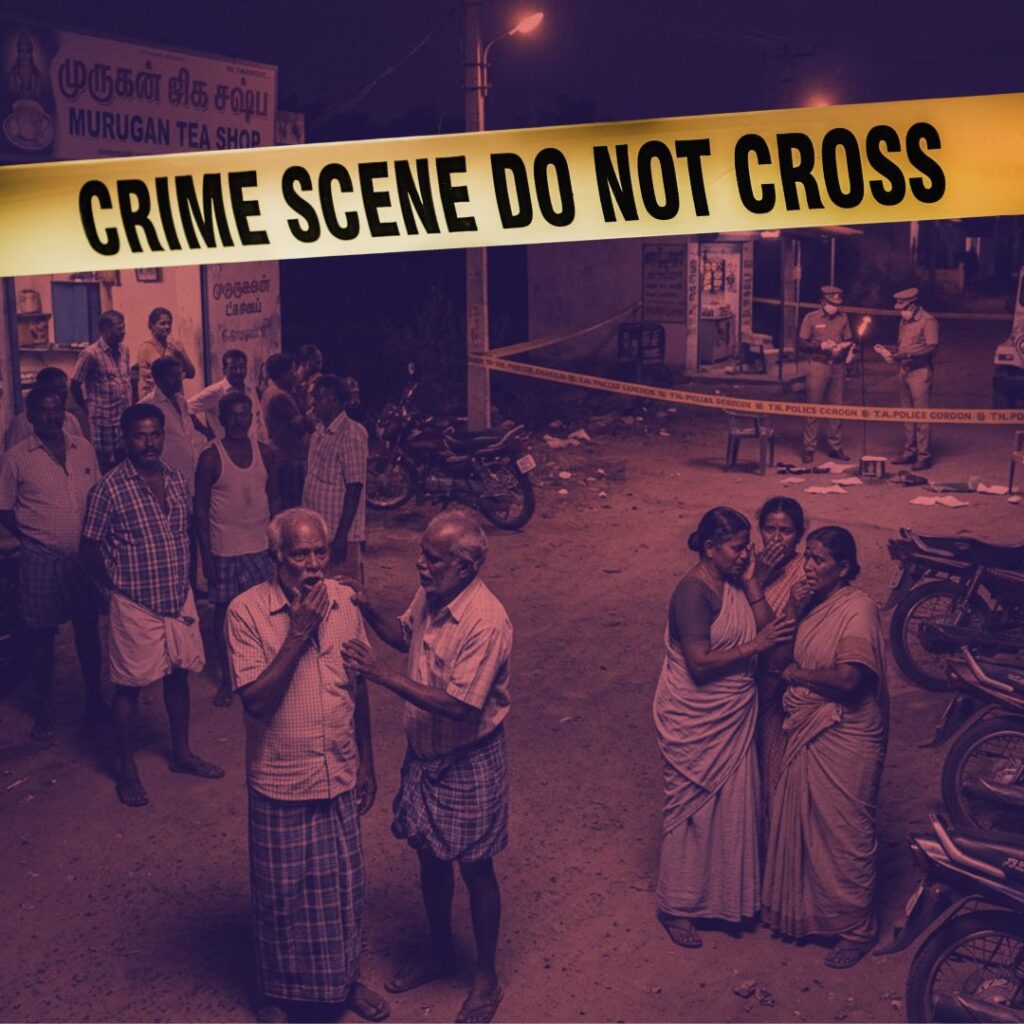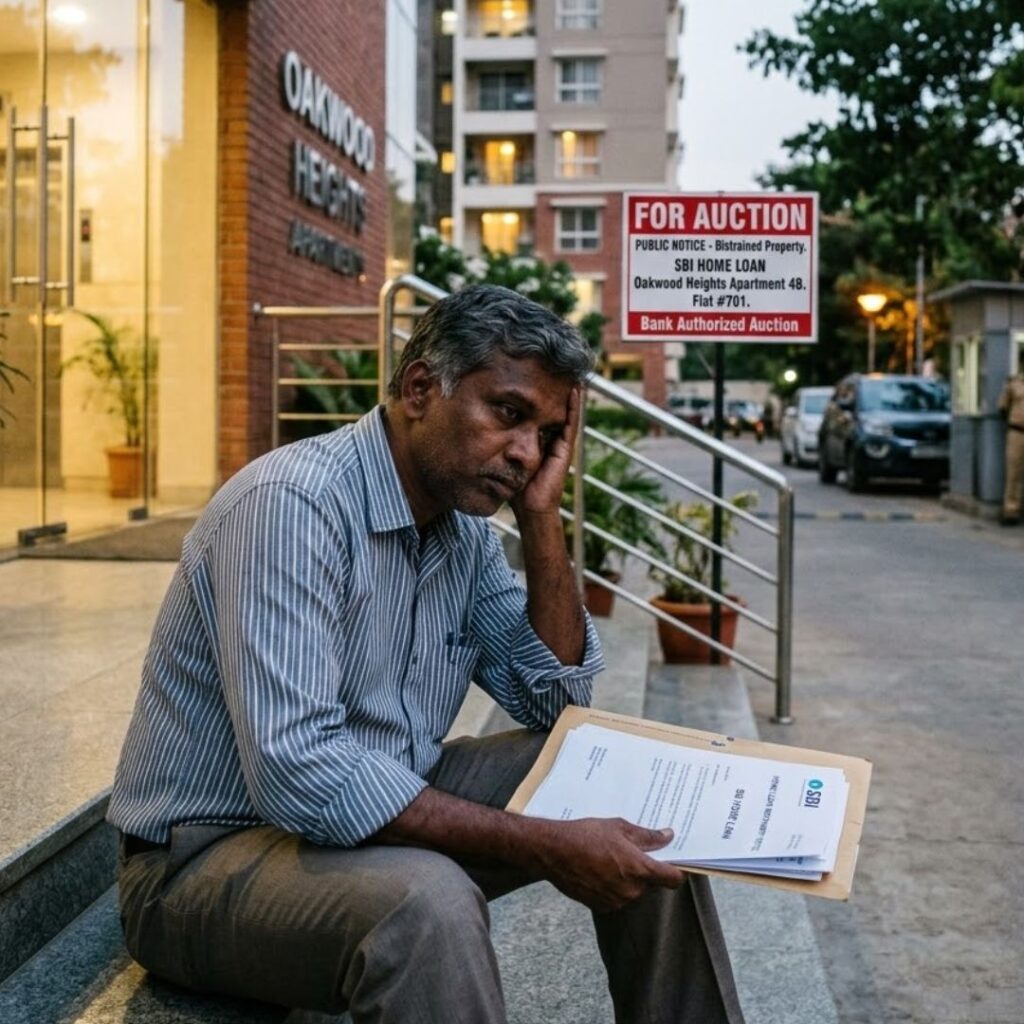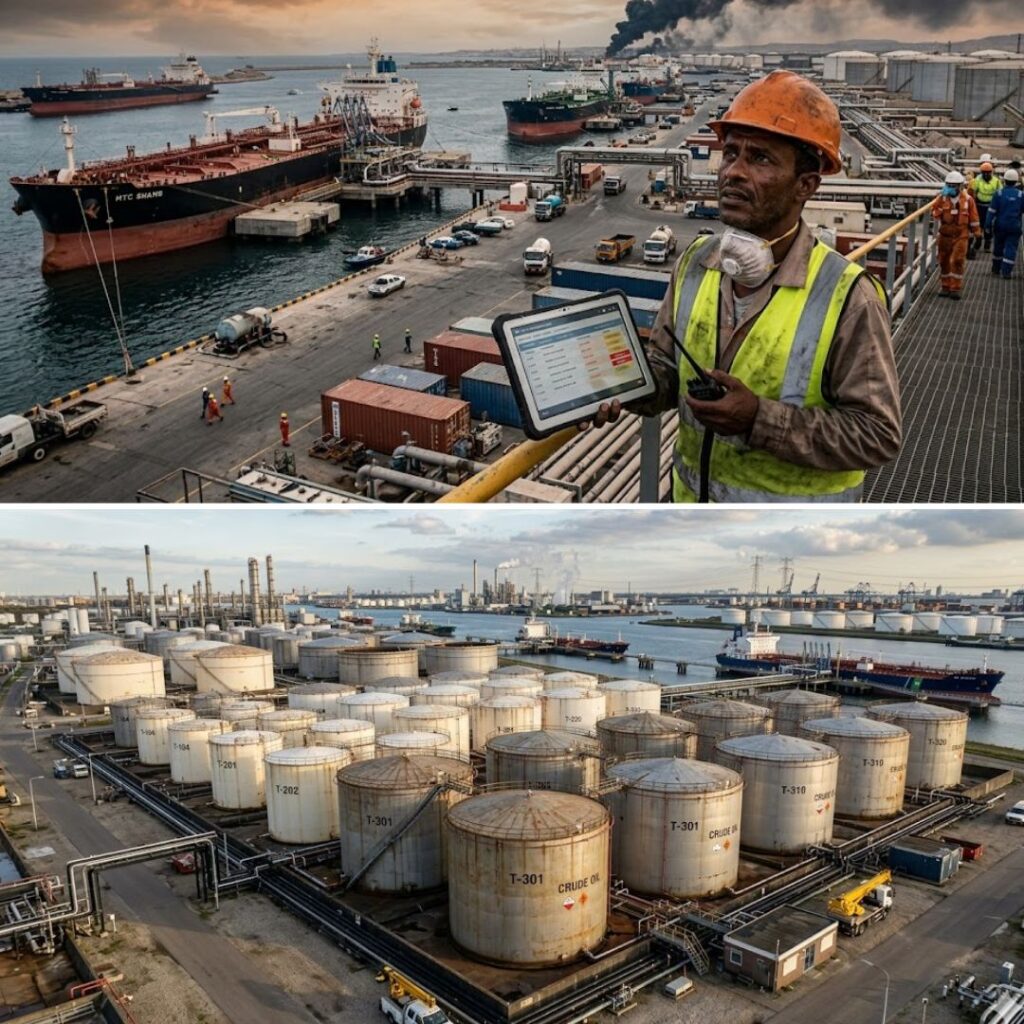Image Source: samilovesrocks
“The power of the people is greater than the people in power”- Ghonim, Revolution 2.0
The narrative of mass migration or exodus has been associated with human civilization since ancient times. When people are caught in the spiraling brutality of persecution, civil war, and social unrest, they are forced to leave their homelands to find safe havens in foreign lands. The government is unable to protect them from its instability, so the people take it upon themselves to find protection. The entire struggle of leaving one’s country and reaching another is fraught with loss of home and life. But as the circumstances become so compelling and hostile, one is forced to choose between the lesser of two evils-stay and be persecuted or migrate in the face of unavoidable dangers for a safe life.
The Global Refugee Crisis
The world is witnessing the most horrible migrant crisis since World War II. The civil turmoil in Syria, Libya, Iraq and other volatile countries has sabotaged the life of the civilians. People in large numbers are forced to migrate to adjoining countries but as the situation in Middle East is all the same the refugees are caught between the local unrest and the Mediterranean Sea. Either they tide over the strife in their homes/ neighboring countries or head their way across the formidable waters. Abandoned by their homelands and the world’s elite powers, migrants desperately seek for a haven and encounter life-threatening dangers. The mass migration of Syrians and Afghans tells us how their leaders have forgotten them while the world is unwilling to shelter them- these migrants tell a gory tale of human struggle and indifference.
One is moved to ask-What sparks the sentiments of anti-refugee populism? Are there any rights in place to ensure refugees are not further victimised? What are the fallouts of mass migration? A brief info on these matters has been discussed to get into the heart of the matter.
The United Nations Convention and the Status of Refugees
In 1951, the UN in a welcome move had declared that a person or group of people have the right to seek asylum when facing persecution in other countries. It is called the United Nations Convention relating to the Status of Refugees. Its major tenets have been to address the protection status of the refugees and to address it as an international human rights issue. Despite the establishment of these directives, the world is reluctant to share the burden of refugee crisis. For instance, UK in order to deter migration, cut the funding for Mare Nostrum search-and-rescue operations whose mission was to save migrants crossing over. The Italian government also followed suit. The European Union has been condemned for its non-adherence to the policies of safe migration which has caused severe casualties. Witnessing the crisis, it is imperative that the resourceful countries should facilitate rather than deter the integration of the migrants.
Migrants: Refugees, Economic Migrants and Asylum seeker?
What’s in a name, right? Call me a migrant, asylum seeker or a refugee, I have been displaced due to hostile living conditions and seek your help for a safe place. Most of the migrants are a victim of war and turmoil, yet there are different names for a migrant which might seem as a harmless nomenclature but it is not. A migrant is called as an expat, immigrant etc. depending upon from where he belongs to and how he looks. Karl Sharro, a London-based satirist and architect has exposed the stereotypical prejudice held against the migrants according to their looks and culture. According to the Lexicon of Global Migration as highlighted by Sharro, a person if he comes from a rich country and migrates to another, he will be called an expat but if he comes from a poor country he will be declared an illegal migrant or immigrant or an asylum seeker. This shift from legal to derogatory/criminal terminology of the word-migrant strikes at the discriminatory notion held against migrants which makes countries hesitant to shelter them.
For example, a migrant is also classified as an economic migrant. If a migrant is forced to leave his country due to the fear of harassment, then an economic migrant leaves his country in search of greener pastures-better job, education etc. But calling all migrants as economic migrants critically undermines the violence of war and civil unrest which forces people to undergo mass migration.
Fallouts of Irregular Migration
When migrants are not able to secure legal entry into a country via proper channels of official documents and stamp, they are forced to resort to hazardous means of gaining an asylum. The fallouts of irregular migration are generally severe to fatal for the migrants who are vulnerable to exploitation by the smugglers, traffickers and organized crime syndicate.
Human smuggling is a consensual displacement of people at the behest of smugglers who charge for transporting people illegally into a different country. Human trafficking is a non-consensual transporting of people and is exploitative in nature. The humans who are transported by force, fraud or threat are exploited for slavery, flesh trade or removal of organs etc. These instances/fallouts should be highlighted and prioritised when formulating migration policies. The better and easier the migration policy, the less the chances there will be for a migrant to be used and abused in the most inhuman way.
Why the Host Countries Fear the Migrants?
“If refugees were white we would feel differently”- Emma Thompson
Xenophobia: It is a fear of the host countries that a migrant’s culture and identity will be a threat to them. Will the migrants assimilate, accept and learn to coexist with the host culture? The suspicion over whether they will or not makes the host denigrate, hate and disregard the troubles of the migrants. They begin to see them as an enemy than a victim in need of their help. This widespread fear of the migrants is what leads to Anti-immigrant populism.
Overloading: Migrant influx into a country generally implies drain of resources of the host and is considered a threat to the economy and stability of the country. This is not true. In a study led by Organization for Economic Operation and Development (OECD ), migrants boost economy, public labour market and public purse. It states that antagonism and ill-notions against migration should be rectified and the benefits of migration should be capitalized on. The educational and employment situation of the migrant should be improved and economy will be further advanced.
Migrants seem rich enough: It is a general and ill-perceived notion that migrants do not need help as they are wearing expensive clothes and own smartphones. The reality which needs to be emphasised is that majority of the migrants are fleeing their country because of the fear of oppression in their homelands. The living conditions in their home countries have become so appalling that rich or poor, it is fatal to survive in those conditions and hence they migrate.
What Now: Share the Promise
The little boy who was found on a beach near the Turkish resort of Bodrum has moved many to shake off their slumber and seriously think about the travails of migration. The boy was one of at least 12 Syrians who drowned while trying to reach Greece. The ship-wrecks, the mass drowning, and cases of human rights violation make migration a perilous struggle for safety and a life. A migrant is not a threat/goon/criminal but a victim of civil war at home and a victim of prejudice abroad. The countries, all of them who can, should dispel biases and unsound fears to pitch in and share the burden of migration. It is said share the burden, let’s call it share the promise-The promise of a humanitarian society towards those who have been beaten, thrashed ad brutalised by the inhuman strife of their homelands. Don’t build walls, build bridges.











